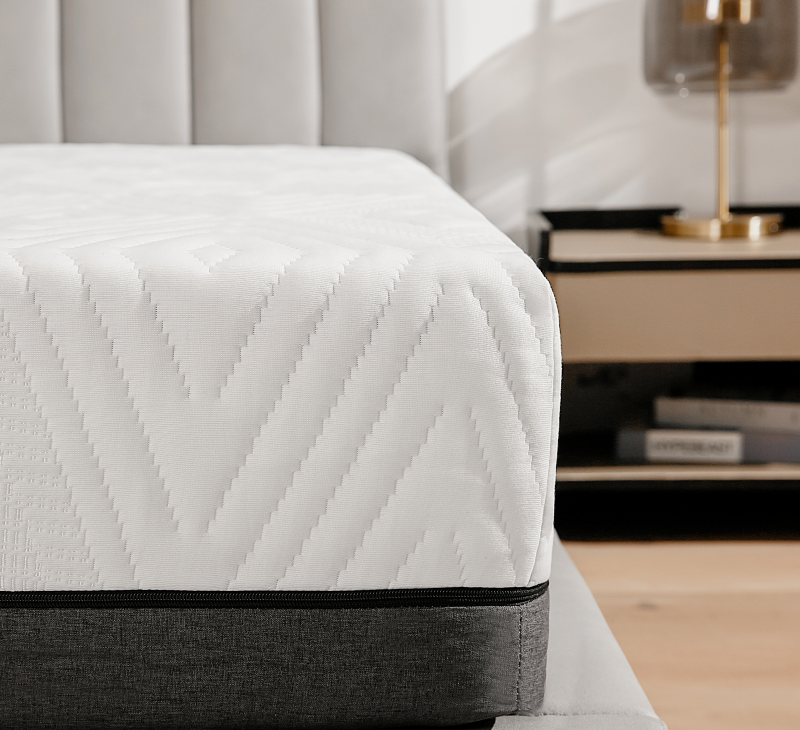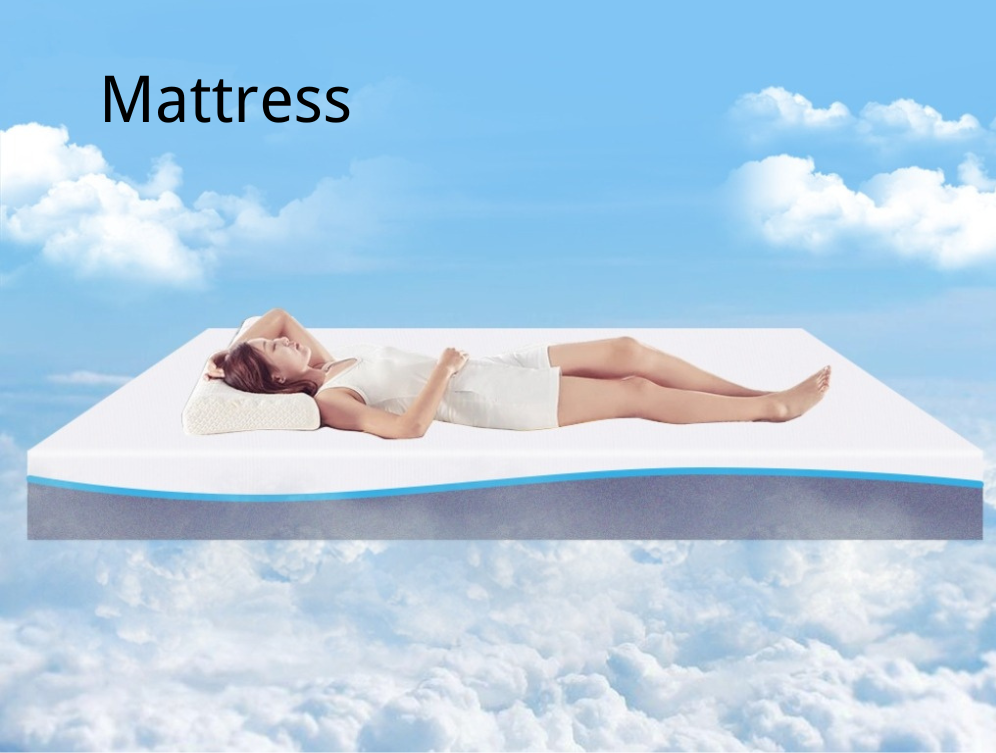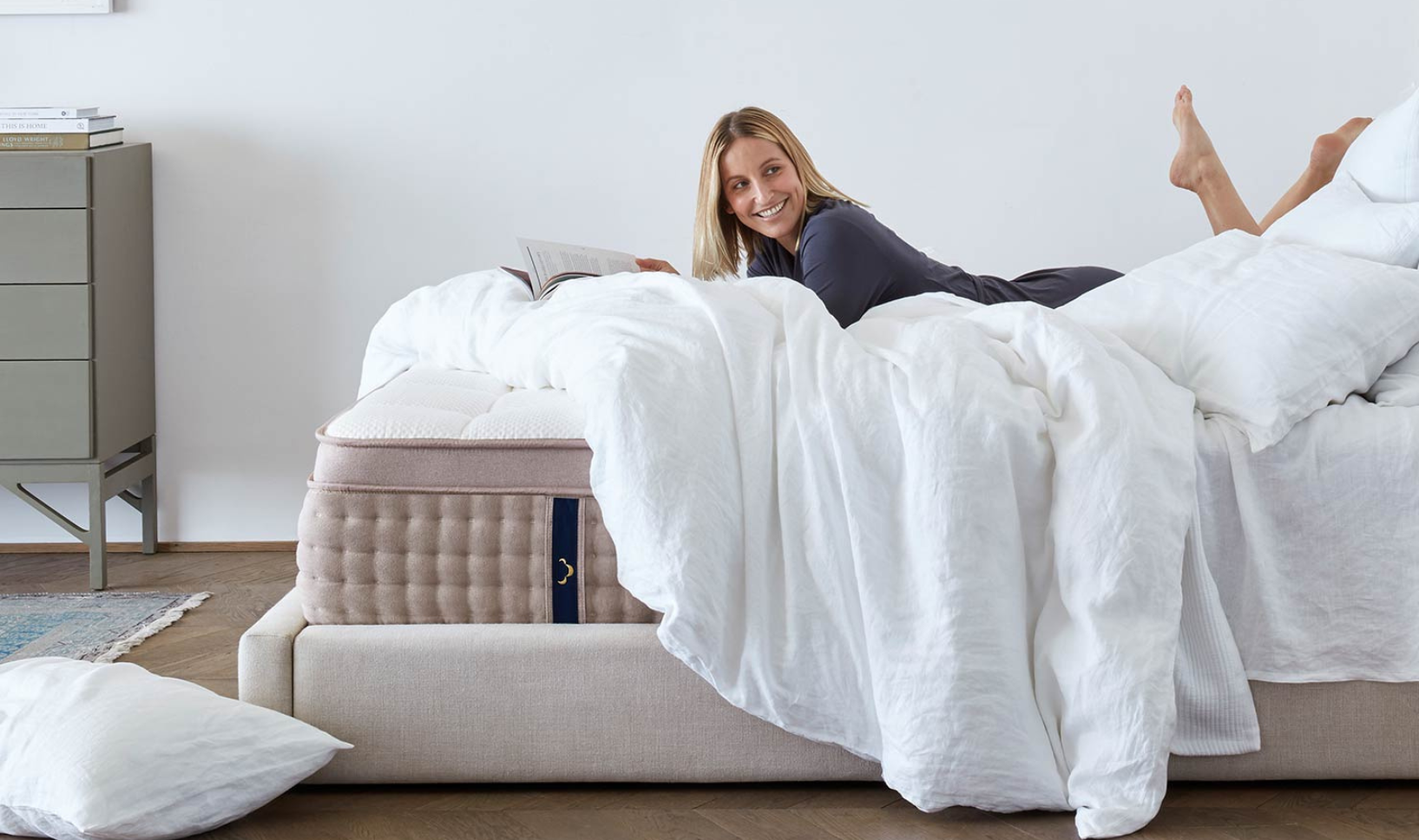
How to Source the Right Mattress Suppliers and Manufacturers for Your Business
Cover the different types of mattress suppliers, key vetting criteria, and how to navigate the sourcing process with confidence.
Finding the right mattress suppliers and mattress manufacturers is a critical step for any retailer, hotel chain, healthcare facility, or e-commerce brand looking to establish a trustworthy product line. With the global sleep industry booming and the demand for high-quality bedding products on the rise, ensuring a consistent, reliable, and affordable supply of mattresses can define your brand's success or failure.
Whether you're a startup looking to enter the sleep market or a seasoned entrepreneur expanding your existing product range, this comprehensive guide will walk you through everything you need to know about sourcing the best partners for mattress wholesale. We’ll cover the different types of mattress suppliers, key vetting criteria, and how to navigate the sourcing process with confidence. Plus, we’ll show how brands like CPSSLEEP fit into this global network of trusted partners.
Why Choosing the Right Mattress Supplier Matters
The mattress you offer isn't just a product — it's a promise of comfort, health, and rest. If your mattress doesn't meet consumer expectations, it won’t just affect sales; it will impact your brand reputation.
That's why selecting reputable mattress manufacturers and mattress suppliers is so essential. The right partnership gives you access to innovation, competitive pricing, and consistent product quality — all crucial in a competitive industry.
Additionally, the global mattress wholesale market is filled with options. But not all suppliers offer the same level of service, materials, or reliability. A poor choice could lead to defective products, late deliveries, or unhappy customers.

Step-by-step Guide of Choosing the Right Mattress Supplier
Step 1: Define Your Business Needs
Before contacting mattress suppliers, you must clearly define what you're looking for. Consider the following:
- Target Market: Are you targeting budget-conscious customers or premium buyers?
- Mattress Type: Memory foam, hybrid, latex, innerspring, or adjustable beds?
- Volume Requirements: Are you buying a few hundred units or thousands?
- Customization Needs: Do you need private labeling, branded packaging, or unique specs?
- Certifications: Must the product be CertiPUR-US, OEKO-TEX, or ISO certified?
Clarity at this stage ensures you're only engaging with mattress manufacturers who can meet your precise needs.
Step 2: Understand the Mattress Supply Chain
Understanding how mattresses are made and distributed will help you make smarter decisions:
- Raw Materials: Foam, springs, fabrics, adhesives.
- Manufacturing: Cutting, sewing, assembling, compressing.
- Packaging: Boxed for easy shipping or flat-packed.
- Distribution: Shipped directly to warehouses, stores, or customers.
Some mattress manufacturers manage the full process (OEM/ODM), while others may focus only on production or distribution. Knowing who does what helps you choose a partner aligned with your business model.
Step 3: Local vs. International Mattress Manufacturers
Each option has pros and cons:
Local Mattress Suppliers
Pros:
- Faster delivery times
- Easier communication
- No import duties or long shipping delays
Cons:
- Typically higher production costs
- Limited product variety or tech
International Mattress Manufacturers (especially in China, Vietnam, or Eastern Europe)
Pros:
- Lower manufacturing costs
- Advanced technology and automation
- Scalable production
- Customization options
Cons:
- Shipping delays and customs complexity
- Larger minimum order quantities (MOQs)
- Time zone differences
Many growing businesses choose a hybrid approach: sourcing from trusted mattress suppliers abroad while maintaining a few local contacts for urgent needs.

Step 4: Where to Find Reliable Mattress Suppliers
Sourcing the right mattress wholesale partner requires research. Here’s where to look:
- Online B2B Platforms: Alibaba, Global Sources, Made-in-China — excellent for finding mattress manufacturers with global reach.
- Trade Shows: Events like the China International Furniture Fair (CIFF), Las Vegas Market, or IMM Cologne are great places to meet suppliers in person.
- Industry Networks: Ask for referrals within your network. Word-of-mouth remains powerful.
- Directories and Databases: ThomasNet, Kompass, and Dun & Bradstreet provide vetted supplier lists.
- Google and LinkedIn: Search and connect directly with verified manufacturers and mattress suppliers.
Pro tip: Always check if they have a professional website and clear product catalog. A reputable brand like CPSSLEEP, for example, showcases its expertise and commitment through detailed product listings and certifications.
Step 5: Evaluate Quality and Certifications
High-quality mattresses require high-quality materials and ethical production standards. When contacting mattress manufacturers, ask the following:
- What foam density and spring count do you offer?
- Are your materials eco-friendly and non-toxic?
- Do your products meet international certifications (CertiPUR-US, OEKO-TEX)?
- Can I see customer reviews or testimonials?
Certifications not only assure your customers of safety and performance, but also differentiate your brand in the mattress wholesale market.
Step 6: Request Samples and Test Products
Never skip this step. Request 2–3 samples from each shortlisted mattress supplier and test them in the following ways:
- Comfort & Support Testing: How does it feel for different body types and sleeping positions?
- Durability: Does the mattress retain its shape after use?
- Off-Gassing: Are there strong odors after unpacking?
- Packaging Review: Is it compact, secure, and appealing?
Good mattress manufacturers often offer free samples (with you covering shipping) or discounted trial orders. Be wary of those unwilling to provide samples.
Step 7: Negotiate Pricing and Terms
Once satisfied with quality, discuss pricing structures and terms:
- MOQ (Minimum Order Quantity): Some mattress wholesale providers require 100–500 units minimum.
- Unit Price: Ask for tiered pricing based on volume.
- Payment Terms: 30/70, net 30, or letters of credit (LC)?
- Shipping Terms: FOB, CIF, or DDP?
- Packaging Fees: Some brands charge extra for branded packaging.
- Return Policies & Warranty: What if the batch has defects?
Negotiation is a two-way street. Be transparent about your needs, and professional mattress suppliers will offer flexible packages.
Step 8: Check Manufacturing Capacity and Lead Times
Before signing any contract, make sure your supplier can scale with you:
- Monthly Output: How many units can they produce?
- Lead Time: From order confirmation to shipment — typically 15–45 days.
- Busy Seasons: How do they handle peak season surges?
- Factory Visit (if possible): On-site audits help verify capacity and transparency.
A professional brand like CPSSLEEP, for instance, often provides factory videos or virtual tours to instill buyer confidence.
Step 9: Understand Logistics and After-Sales Service
Shipping bulky items like mattresses — even in a box — comes with challenges:
- Shipping Partners: Do they work with reliable couriers or freight forwarders?
- Tracking & Insurance: Is shipment traceable and insured?
- Customs Handling: Especially for international shipments — who handles taxes and clearance?
- After-Sales Support: Is there a dedicated rep to manage issues?
Choose mattress manufacturers who assist you through delivery and beyond. They should be as invested in your brand’s success as you are.

Step 10: Build a Long-Term Relationship
Sourcing the right mattress supplier isn’t a one-off event — it’s the start of a partnership. Over time, reliable suppliers can:
- Provide discounts on larger orders
- Collaborate on product innovations
- Share insights from other global markets
- Offer faster lead times for repeat buyers
Regular communication, feedback sharing, and mutual trust create a win-win scenario. Whether you're working with a startup manufacturer or a seasoned brand like CPSSLEEP, loyalty pays dividends.
Conclusion
In the booming global sleep economy, partnering with the right mattress manufacturers and mattress suppliers is your competitive edge. By following this step-by-step sourcing guide — from defining your product needs to vetting certifications and negotiating fair terms — you'll reduce risk and maximize your brand's growth potential.
As the mattress wholesale space evolves, stay updated with market trends, consumer preferences, and supplier innovations. Consider working with reputable names like CPSSLEEP to ensure long-term success and a reputation for quality and reliability.
For a free consultation or sample, contact us at [email protected]. Learn more at www.cpssleep.com.
contact us
Your email address will not be published. Required fields are marked















